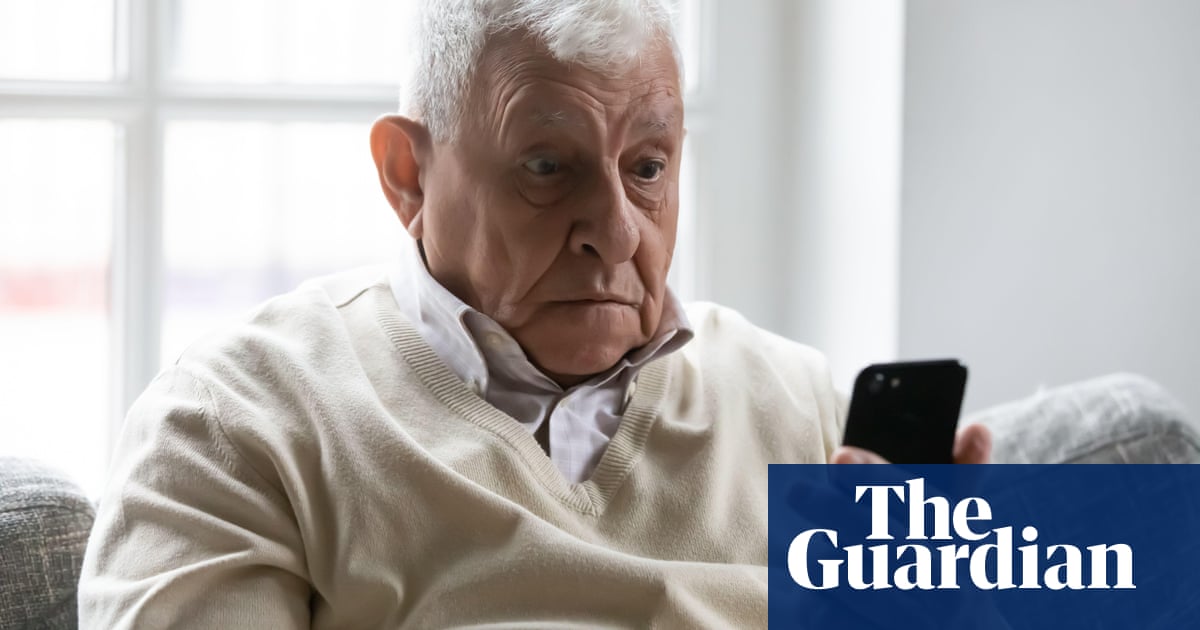
The state of Texas now has the most restrictive abortion law to be passed in the US since Roe v Wade legalised abortion in 1973. Texas residents must now add out-of-state travel to the many barriers that already exist to getting an abortion. There has been an outpouring of support for Texas women from people in the UK and European Union, but it’s worth remembering that while the UK and Europe are an abortion utopia compared with some American states, abortion access is still not guaranteed.
Let’s start with the UK. Due to the herculean efforts of activists (and despite the best efforts of a foot-dragging, anti-abortion government), Northern Ireland now has limited access to legal abortion. But Alliance for Choice, the campaign group in Northern Ireland, says that proper access to abortion is still not guaranteed across the country. Women are still waiting for the department of health to commission abortion services, telemedicine and more types of available abortion. Currently, the majority of abortions happen in the first 10 weeks of pregnancy and are performed with pills, which carry a small risk of failure. Because there is virtually no provision for abortions after the first trimester, people seeking these services are still forced to travel to England.
Many people in Scotland who need late abortions also have to travel to England due to a lack of facilities, despite the law allowing terminations at 24 weeks. In England and Wales, abortion is still regulated by criminal code, and waiting times for abortions vary across the country. Whether you are able to access an abortion quickly often depends on where you live.
The charity I founded, Abortion Support Network (ASN), has years of experience helping people who have been forced by a combination of draconian abortion laws and poverty to access abortions abroad. We offer practical information and financial support, and are funded almost entirely by private individuals. We do this work because we believe “I can’t afford an abortion” should never be the only reason someone continues a pregnancy.
Initially we worked in Ireland (where abortion is now legal up to 12 weeks, and in very restricted circumstances after this), the Isle of Man (where abortion was made legal in 2019) and Northern Ireland (where decriminalisation only happened very recently). In 2019, we expanded to Malta, which has some of the most draconian abortion laws in Europe: abortion is illegal even in cases where it will save a woman’s life. We expanded to Gibraltar in the same year. Although it recently voted to allow abortion in some circumstances, Gibraltar’s abortion laws were previously more draconian than those in Texas; abortion was only allowed in cases where it would save a woman’s life.
At the end of 2019 we expanded our work to Poland as part of the Abortion Without Borders initiative. Poland, which already had one of the most prohibitive abortion laws in Europe, recently made its law even more severe, ruling that 98% of the 1,000-2,000 legal abortions performed by the state each year were “unconstitutional”.
Despite how busy our charity is, we are now looking at expanding into additional countries that need support. Andorra has joined Malta in making all abortions illegal, even where they would save a woman’s life. Other European countries have decent abortion laws but still effectively limit access, such as Italy, where 69% of gynaecologists “conscientiously object” to performing abortions, Romania, where activists say abortion is being quietly phased out, and Hungary, where the government has successfully reduced abortion access in recent years.
Our work is particularly focused on ensuring that people can access abortions beyond the first trimester. Most countries in Europe offer access to abortion during the first 12 to 14 weeks of pregnancy. In countries that don’t, many people rely on NGOs such as Women Help Women and Women on Web, which send early medical abortion pills to countries where abortion is restricted. Thankfully, people are increasingly aware of these pills, which are on the World Health Organization’s list of essential medicines and offer a safe means of ending a pregnancy. When we first founded ASN, women in Ireland and Northern Ireland told us they had tried far more dangerous things than pills.
Getting an abortion later in a pregnancy, when pills are no longer suitable, can be difficult depending on where you live. Every country has conditions determining when later abortions are permitted and how they are performed. Navigating access to these services can be difficult, especially for people who are marginalised, young or poor. It can be impossible for those with insecure immigration or refugee status. In Europe, the best places to travel to are the Netherlands, where abortion is available on request in clinics up to 22 weeks, England and Wales, where you can get an abortion up to 24 weeks, and in some cases Spain.
And here we return to Texas. Many will say that if a person in Texas now requires an abortion after six weeks, they can travel to a different state. We have been hearing this argument for years. Irish women can “just travel”. Polish women can “just travel”. But this fails to take into consideration the obstacles to travelling for an abortion, such as childcare, insecure immigration status, the fear of stigma or ostracisation, money and Brexit, which is making it hard for non-EU or UK residents to come to England.
These obstacles predate Covid-19, but the pandemic has made the problem worse. Many of our service users have been affected by airport closures in Poland and Malta, and expensive PCR tests required for people entering and returning to a country. Some of the obstacles have been farcical: one non-English-speaking service user arrived at her booked hotel in England to find all the rooms had been given to key workers and rough sleepers, while another woman had her flights cancelled and rebooked seven times for one journey. And travelling during a global pandemic carries extra health risks. The irony of risking your health to access healthcare is not lost on us.
Helping people get abortions requires a strong constitution. We will never be able to reach everyone who needs our help. But we know that as abortion funders we are part of a growing global network of activists who are finding ever more creative ways to help people access abortion care, and that we will continue this work until our helplines stop ringing.
Mara Clarke is founder of Abortion Support Network












